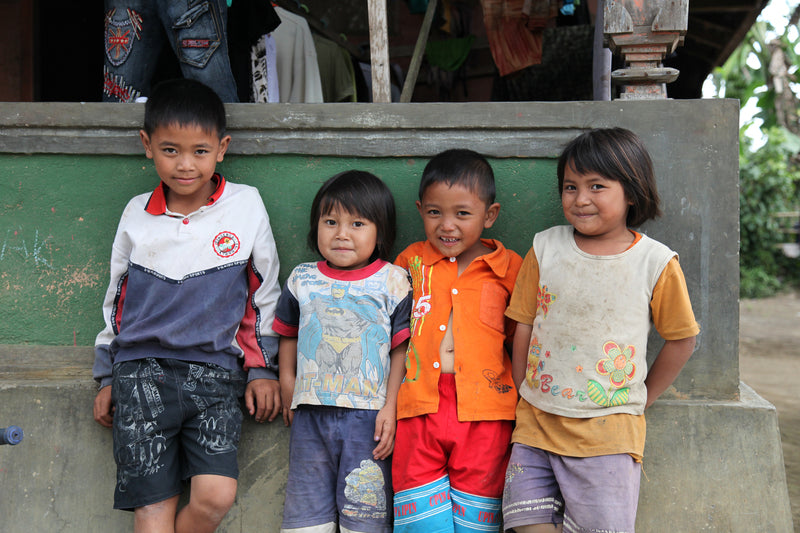How can you be sure that you’re buying a coffee that doesn’t exploit the people who grew it? The good news is that it’s actually easy to support the farmer who has laboured for many hours to grow and process your coffee.
There’s an enormous difference between the coffee industry as a whole and the specialty coffee sector. The coffee industry as a whole is overwhelmingly dominated by large, multinational companies which supply cheap, generic products in supermarkets. Specialty coffee roasters make up an incredibly small percentage of the industry and are intimately involved in the entire coffee cycle — from farming, to processing and roasting.
Most of the ethical problems in today’s coffee industry occur with poor quality Arabica coffee (ie Arabica which is grown at low altitudes, and poorly processed) and most of the world’s Robusta.
This low cost coffee predominantly ends up in jars of instant coffee. Many of the large companies that use this coffee don’t purchase based on quality, their most important factor is price — as low as possible. Because the multinational coffee companies are buying in extremely large quantities, it’s easy for them to get what they want. It’s this type of coffee, grown as cheaply as possible, that leads to unethical practices.
The farmers growing this coffee will try to obtain cheap labour — often exploiting children and other workers on their plantations. These farmers clear all native trees in order to grow as many coffee trees as possible, and use the cheapest synthetic pesticides and herbicides. This is a good reason to avoid cheap, supermarket coffee — not only does it taste bad, but the farmers get a really bad deal.
The past ten or so years have seen the emergence of a growing number of specialty coffee roasters, who have worked tirelessly to raise industry standards and to improve the public’s understanding of what’s involved in getting coffee from the farm to the cup.
It’s encouraging to see a growing number of people thinking about the ethics behind what they’re drinking. With the advent of programmes such as Fairtrade and Direct Trade and increasing education, it’s becoming much easier to choose coffee that has been ethically grown and processed.
Many people choose to purchase a certified coffee. In Australia, this is predominantly Fairtrade. Purchasing coffee with the Fairtrade certification guarantees that a fair price is paid to the farmer. Provided that the farmer hasn’t exploited anyone during the growth and processing of the coffee, a minimum price per kilo is paid, with an additional premium paid for organic coffee.
It’s important to note that just because Fairtrade guarantees your coffee has been ethically produced, this doesn’t then mean that all other coffee is unethical.
Actually, the best way to buy coffee is to buy based on quality. High grade, best quality Arabica coffee is almost always grown ethically, to attract a higher price.
Through programmes like the direct trade of coffee, specialty roasters’ desire for quality coffee is passed on to the farmers, who come to understand what cafes are looking for. As the roasters and farmers work together to improve the quality of the coffee, the coffee attracts a premium price. Everyone wins, with farmers receiving prices that are well above the Fairtrade minimum price and roasters receiving high grade beans. The farmers also learn how to continue to produce a high quality product that people will continue to buy, thus breaking the poverty cycle that many farmers face.
‘Direct trade’ has become a buzz word in the coffee industry, so make sure that anything claiming to be ‘direct trade’ actually is. Do the roasters visit farmers and provide education, equipment and other support? An increasing number of cafes and roasters provide information on the farms where their coffees are grown. Look at the farming practices, the provisions for workers, whether the cherries are picked by hand, and whether native trees remain to provide shade.
High quality coffees are almost always picked by hand. This is a laborious process, as cherries don’t ripen at the same pace, and pickers must return to each tree several times over harvest. Not only does hand picking mean higher quality coffee, but most coffee farmers would consider it terribly unethical to purchase an expensive piece of machinery that would take the jobs of dozens of local workers.
The best coffee is grown in shade. While farmers selling low quality coffee will clear native trees in order to grow as many coffee plants as they can, farmers growing high quality coffee keep the native trees in place to provide shade for their coffee trees, which encourages a slower maturation of the cherries, leading to a more complex flavour — and again, a higher price.
What about coffee that is not Fairtrade or Direct Trade, and coffee that doesn’t come with any certification? How can you be sure that you’re supporting ethical farming practices and a fair return to the growers?
Again, the key is in the quality. Farmers growing high quality coffee will almost always be operating ethically. Look at the company roasting the coffee. What are their ethics, are they supporting the push towards higher quality products, assisting and educating farmers? Specialty coffee roasters are all about paying a generous price for high quality coffee, grown in the best conditions, by people who are treated fairly.
At Five Senses, we are committed to promoting ethical farming and processing practices. We do this by fostering relationships with the people who grow our coffee and supporting them with education and equipment. We travel to coffee growing regions all over the world to check out the conditions on the farms we purchase from. We strive to educate our customers about coffee, and provide information to both the cafes we supply and customers at home about the farms and conditions our coffee is grown in. We are grateful for your support and trust you’ll continue to help us raise the standards of the coffee industry.





